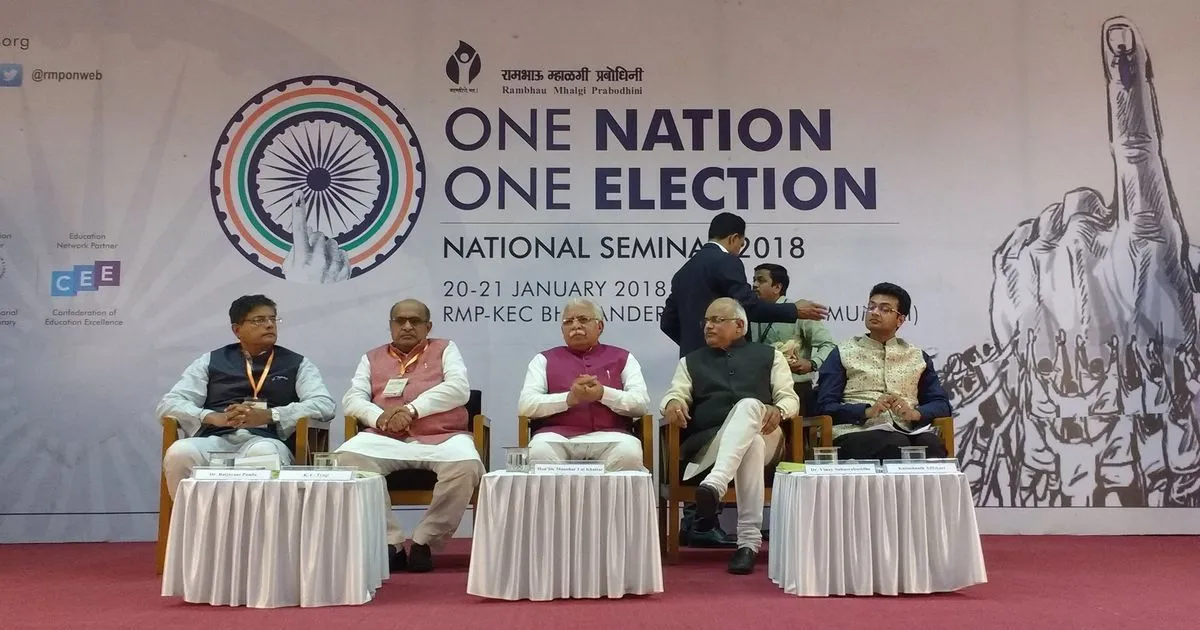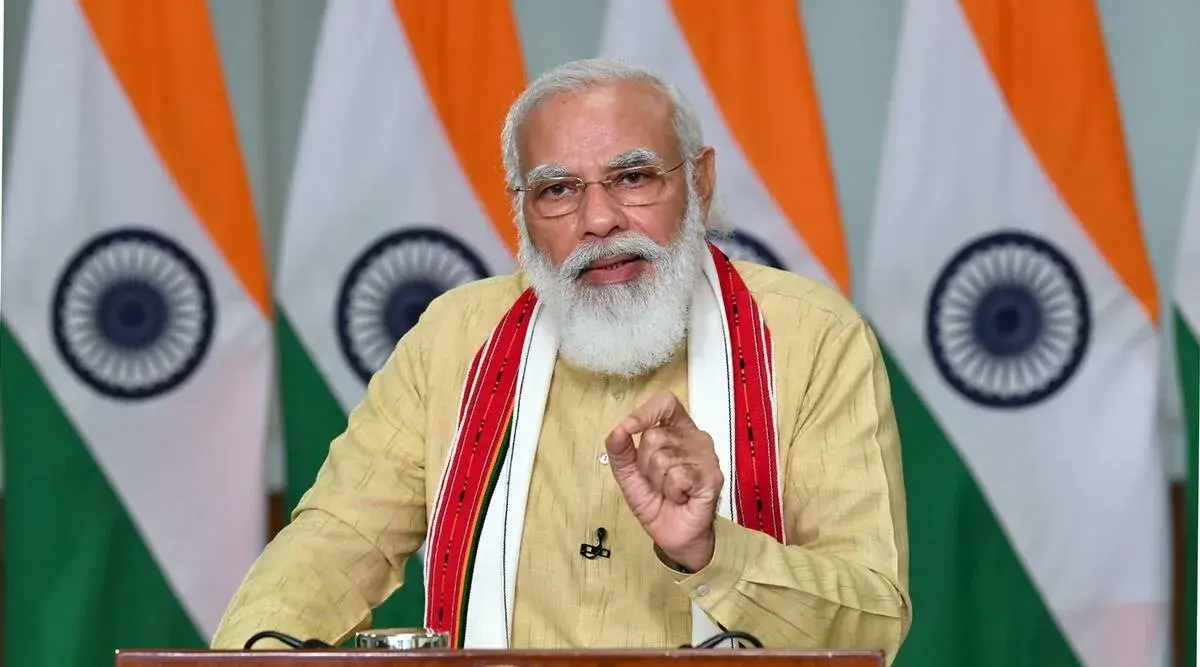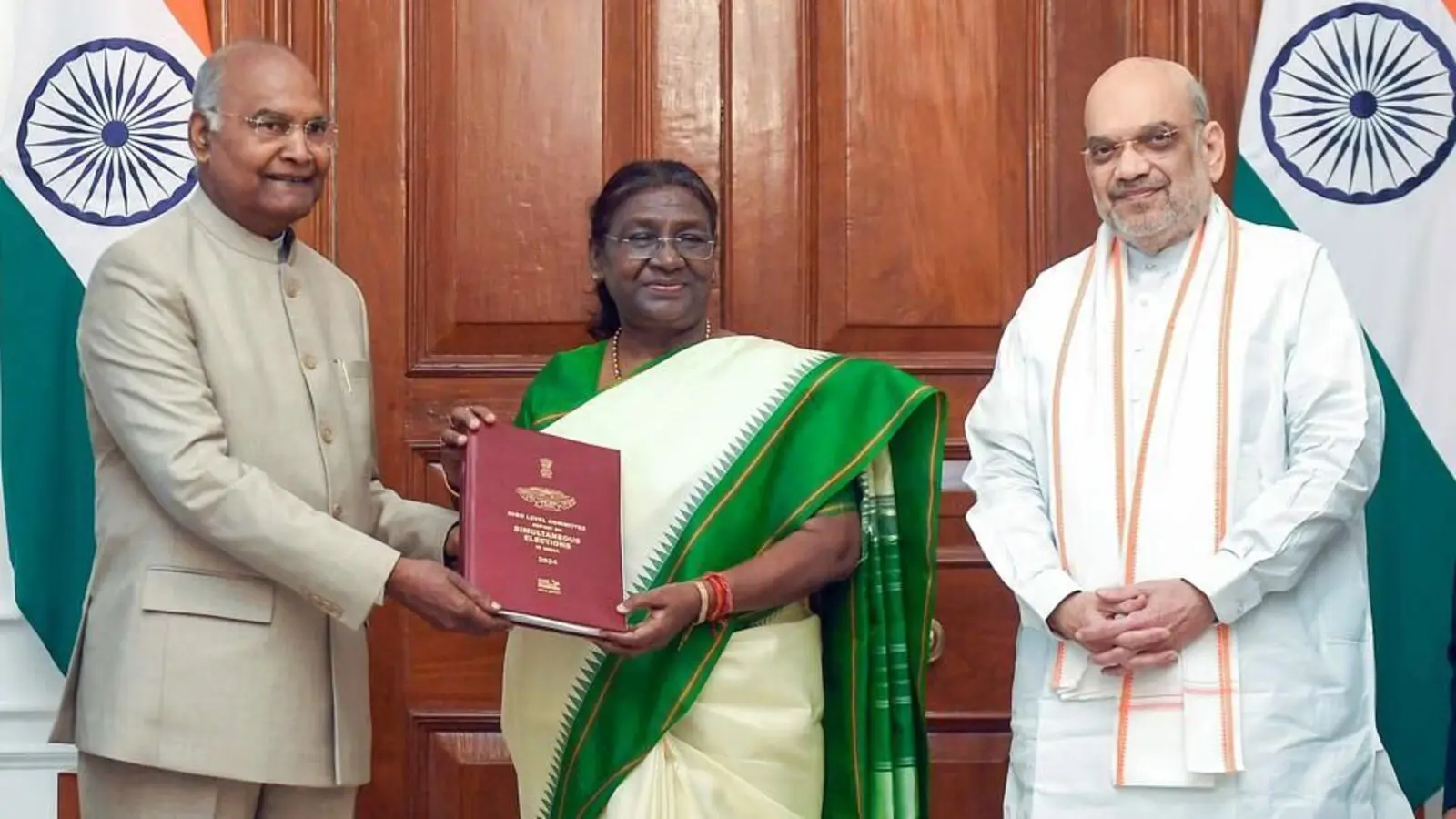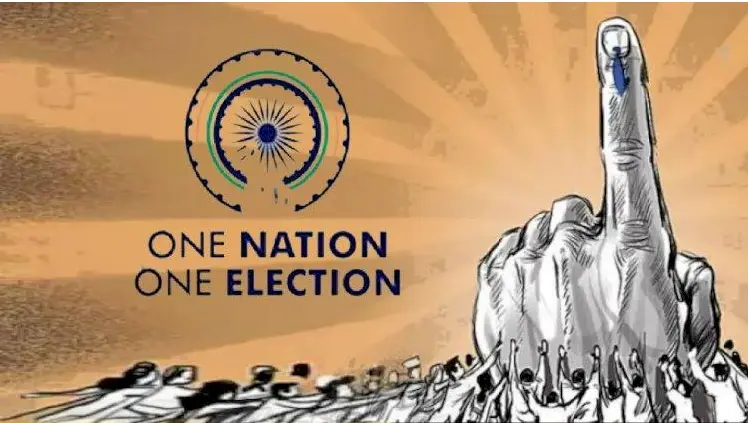In the digital age, the demand for real-time information has become paramount, especially during crucial events such as elections. Live updates serve as a valuable tool for voters, journalists, and political enthusiasts who want to stay informed and engaged throughout the electoral process. With the Lok Sabha elections in 2024 just around the corner, the need for accurate and timely updates becomes even more crucial. Live updates enable citizens to make well-informed decisions, understand the latest developments, and actively participate in the democratic process.
It provides an opportunity for voters to stay connected with the pulse of the nation and witness the unfolding of linetogel political events in real-time. The availability of live updates ensures transparency, accountability, and promotes an inclusive democracy.

Key highlights of PM Modi’s Speech
Prime Minister Narendra Modi’s recent address ahead of the Lok Sabha elections in 2024 captured the attention of the nation. In his speech, PM Modi emphasized his government’s commitment to implementing “one nation, one election” and the significance of a Uniform Civil Code (UCC) for the betterment of India. By advocating for a synchronized electoral process, PM Modi aims to streamline governance, reduce election expenses, and enhance efficiency.
He believes that the “one nation, one election” concept will bring stability and continuity to the country’s political landscape. Additionally, PM Modi highlighted the importance of a UCC, which would ensure equal rights and opportunities for every citizen of India, regardless of their religious beliefs. This speech sets the tone for the upcoming Lok Sabha elections and showcases the government’s vision for a unified and progressive India.
‘One nation, one election’ – Understanding the concept
The concept of “one nation, one election” revolves around the synchronization of all elections, ranging from local municipal elections to state assembly elections, and finally, the Lok Sabha elections. Currently, elections take place at different times, leading to a constant political cycle that hampers governance and development. The idea behind “one nation, one election” is to minimize disruptions caused by frequent polls and ensure that the focus remains on governance rather than election campaigns. This approach aims to bring stability to the political system, reduce expenses, and enhance the efficiency of the government. By synchronizing elections, the government can concentrate on long-term policies and initiatives, which will ultimately benefit the nation as a whole.
Pros and Cons of ‘One nation, one election’
As with any proposed idea, the concept of “one nation, one election” has its own set of advantages and disadvantages. On the positive side, synchronized elections would lead to significant cost savings, as conducting elections at different times incurs substantial expenses. It would also ensure that the government remains focused on governance and policy-making, rather than being caught up in the continuous cycle of election campaigns. The synchronization of elections could lead to better coordination between different levels of government, allowing for a more streamlined and efficient decision-making process. Additionally, “one nation, one election” would reduce the influence of money and muscle power in elections, as the shorter campaign period would limit the scope for malpractices.
However, there are also potential drawbacks to consider. Critics argue that synchronized elections could overshadow local issues and dilute regional representation. They claim that local and regional aspirations may be overshadowed by national issues, leading to a centralized and uniform approach to governance. Another concern is the feasibility of conducting simultaneous elections, considering the vast logistical challenges involved.
Furthermore, the synchronization of elections could lead to a perpetuation of the ruling party’s dominance, as incumbents may have an advantage in terms of resources and visibility. It is important to weigh both the advantages and disadvantages before implementing such a significant change to India’s electoral system.

The need for Uniform Civil Code (UCC) in India
The concept of a Uniform Civil Code (UCC) has been a topic of debate in India for several years. The UCC aims to replace personal laws based on religious practices with a common set of laws for all citizens, regardless of their religious beliefs. Currently, India follows different personal laws for various religious communities, which govern matters such as marriage, divorce, inheritance, and adoption. The need for a UCC arises from the principles of equality, justice, and the promotion of a secular society. It seeks to ensure that all individuals, irrespective of their religion, are treated equally under the law and have access to the same rights and opportunities.
The implementation of a UCC would address several issues prevalent in the existing system. It would eliminate gender bias present in certain personal laws and provide equal rights and protection to women. It would also promote social cohesion and integration by fostering a sense of unity among diverse religious communities. Additionally, a UCC would simplify legal proceedings and reduce the burden on the judiciary, as the current system often leads to conflicting interpretations and lengthy legal battles. The need for a UCC has been emphasized by various scholars, activists, and legal experts, who argue that it is essential for the progress and harmony of Indian society.
Advantages and challenges of implementing UCC
Implementing a Uniform Civil Code (UCC) in a diverse and multi-religious country like India poses both advantages and challenges. One of the primary advantages is the establishment of a harmonious society, where every citizen is governed by the same set of laws. This would promote equality and eliminate discriminatory practices that exist under the current system. A UCC would also simplify legal processes and reduce the burden on the judiciary, leading to more efficient and timely resolution of civil matters. Furthermore, it would provide clarity and certainty in legal matters, as conflicting personal laws often lead to confusion and disputes.
However, the implementation of a UCC is not without challenges. One of the major hurdles is the resistance from religious and cultural groups who fear that their personal laws and traditions may be compromised. There are concerns that a UCC might homogenize diverse religious practices and erode cultural identities. Another challenge lies in striking a balance between uniformity and respect for religious freedom. It is important to ensure that the implementation of a UCC does not infringe upon the religious rights and beliefs of individuals. Additionally, the complex task of drafting a comprehensive code that accommodates the diverse needs and concerns of all religious communities requires careful deliberation and consensus-building.
Impact of ‘One nation, one election’ and UCC on India’s interests
The implementation of “one nation, one election” and a Uniform Civil Code (UCC) would have far-reaching implications for India’s interests. Synchronized elections would enhance governance and policy continuity, allowing the government to focus on long-term development plans. It would also reduce election-related expenses, freeing up resources for crucial developmental projects. Additionally, “one nation, one election” would enhance India’s image on the global stage by projecting stability and efficiency in the democratic process.
Similarly, the implementation of a UCC would strengthen India’s commitment to secularism and equality. It would showcase India as a progressive nation that upholds the principles of justice and fairness. A UCC would also promote social cohesion and unity by fostering a sense of shared identity and common values. Furthermore, it would simplify legal processes, attract foreign investment, and contribute to the ease of doing business in India. The combined impact of “one nation, one election” and a UCC on India’s interests would position the country as a model for effective governance and societal harmony.

Reactions and opinions from political parties and experts
The proposals of “one nation, one election” and a Uniform Civil Code (UCC) have sparked a mixed response from political parties and experts. While some parties have welcomed the ideas, others have expressed reservations and concerns. Proponents argue that synchronized elections would lead to better governance, reduced expenses, and improved efficiency. They believe that it would benefit smaller parties by providing a level playing field and ensuring equal opportunities for all. Similarly, supporters of a UCC argue that it would promote gender equality, social justice, and unity among diverse religious communities.
However, critics have raised objections to both proposals. Opposition parties argue that synchronized elections could undermine regional representation and dilute the voices of smaller parties. They claim that local issues and aspirations may be overshadowed by national agendas, leading to a centralized and homogenized approach to governance. On the other hand, opponents of a UCC argue that it could infringe upon religious freedom and erode cultural identities. They believe that personal laws should be respected and preserved, as they are an integral part of India’s diverse fabric.
The opinions and reactions from political parties and experts highlight the complexity and sensitivity of these issues. It is essential to engage in constructive dialogue, consider diverse perspectives, and find common ground to ensure the effective implementation of any proposed changes.
Conclusion: The way forward for Lok Sabha Elections 2024
The upcoming Lok Sabha elections in 2024 provide an opportunity for India to evaluate and redefine its electoral system and legal framework. Prime Minister Narendra Modi’s commitment to implementing “one nation, one election” and advocating for a Uniform Civil Code (UCC) reflects his government’s vision for a unified and progressive India. While these proposals have their advantages and challenges, they hold the potential to streamline governance, reduce election expenses, and ensure equal rights and opportunities for all citizens.
As the nation prepares for the Lok Sabha elections, it is crucial to engage in meaningful discussions, address concerns, and work towards consensus-building. The implementation of “one nation, one election” and a UCC requires careful planning, consultation, and consideration of diverse perspectives. It is imperative to strike a balance between uniformity and the preservation of religious freedom, while also respecting regional aspirations and cultural identities.
If you found this discussion engaging and thought-provoking, we invite you to delve into our article on North Korea, where we delve into the complexities of one of the world’s most enigmatic nations. Explore the dynamics of geopolitics, human rights, and international relations as we navigate the intricate landscape of the Korean Peninsula.

